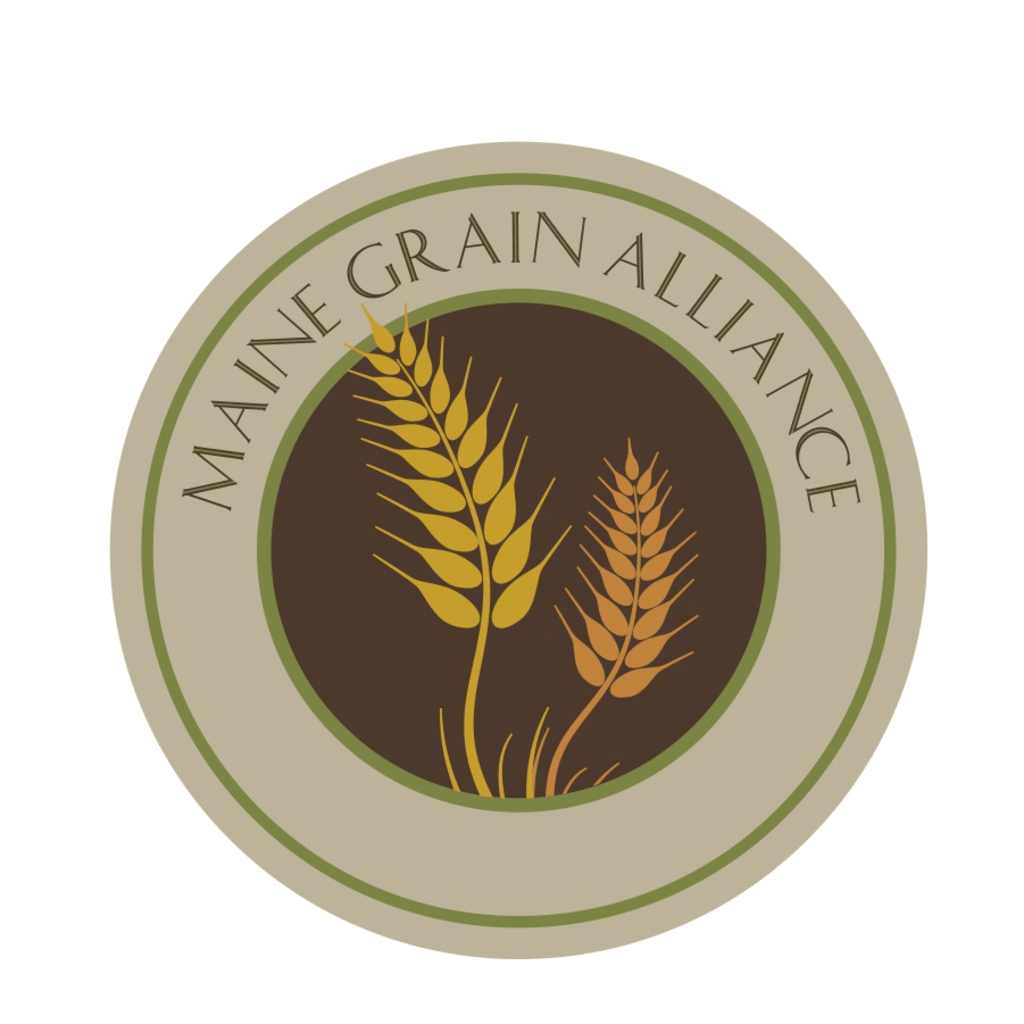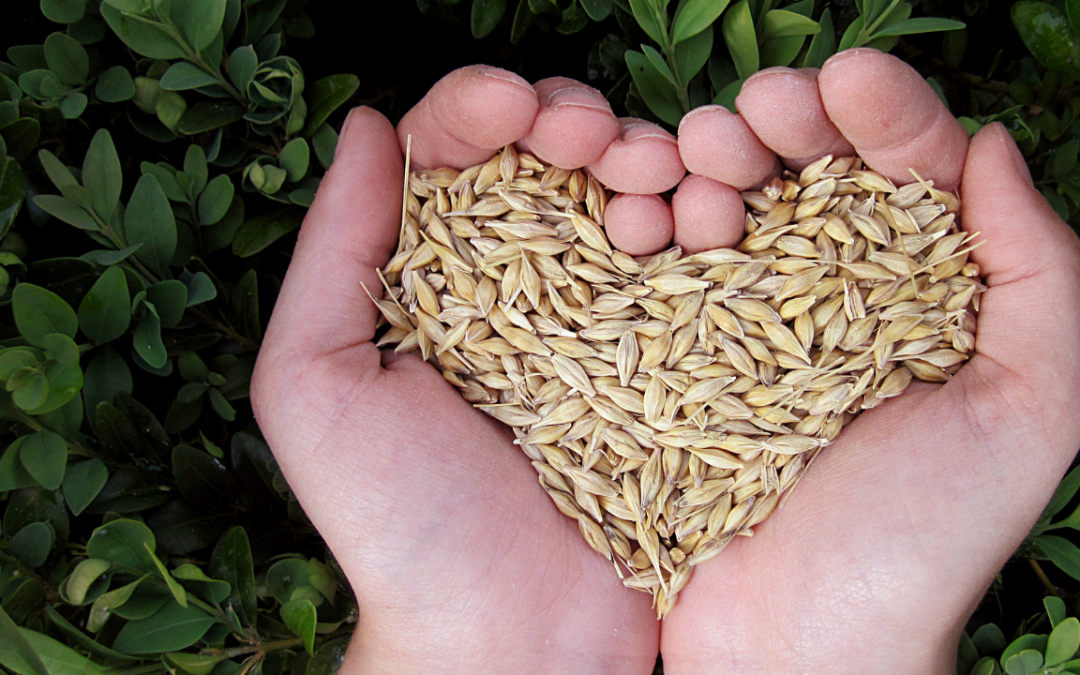The Maine Grain Alliance was recently awarded a $50,000 grant to assess the feasibility of building climate adapted grain storage and drying facilities on farms in northern Maine.
As demand for organic grains nationwide is growing and businesses large and small are asking Maine to play a prominent role in increasing production. By using innovative technologies specially adapted to the northeastern climate, the Maine Grain Alliance is now addressing the critical need for appropriate drying and storage infrastructure with a $50,000 grant from Maine Technology Institute.
With MTI funding, the Maine Grain Alliance and its partners will establish how the regional supply chain for organic grain grown in Aroostook County, Maine could be enhanced and scaled up with the addition of up to four, climate-adapted, appropriately scaled grain drying and storage facilities in northern Maine.
Given growing interest in a diverse array of grains, storage facilities will segregate grains by type and variety. Facility design will address the segregation of grains by grade which allows a farmer to market their crops to the highest and best use to supply seed, food, feed, and malting markets, both domestic and abroad. The Maine Grain Alliance study will establish the costs and economic model for grain facilities and will outline how they support the identified shortfall of organic grain supply in the northeast. Grain storage facilities will prepare Maine to capitalize on the unique value proposition that Maine products offer in the marketplace and preserve special attributes as opposed to trying to replicate the unachievable economies of scale seen in the Midwest.
Through this feasibility study the Maine Grain Alliance will inventory existing grain drying and storage infrastructure in Aroostook County along convenient trade routes and organize the research and costs to build up to four grain storage facilities in several locations in Aroostook County. Technologically advanced solutions for monitoring moisture, humidity, and temperature will be leveraged to alleviate the risk of spoilage and costly inventory losses.
Technologies will be considered that are sensitive to Maine’s cold, moist climate and the marked spread in temperatures that occur during the changing of the seasons which can cause grain spoilage. Members of this project’s leadership team will take from technologies currently being employed in Denmark and Quebec as well as link to the technological studies of the Maine Sustainable Agriculture Society and others to build out an appropriate model that meets the needs of Maine’s farms and growing markets. In order to scale Maine’s grain cluster, commercial grain storages must allow for varietal separation and preserve the integrity of a year-long supply harvested on commercial farms.
You can read more about the Maine Grain Alliance MTI grant here.

